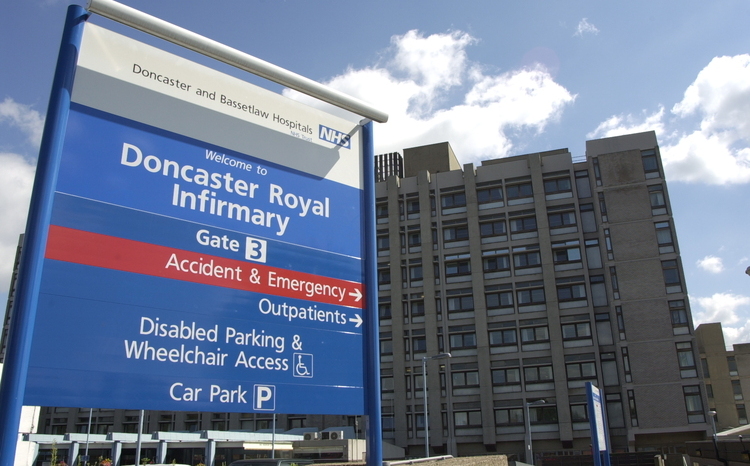Parties clash on NHS funding and reform
- 22 April 2015

The health spokesmen of England's three main political parties have clashed over the future funding and structure of the NHS at a King’s Fund debate ahead of the general election.
The Health Debate focused on the parties’ commitment – or otherwise – to find an additional £8 billion a year for the NHS by 2020-21, and on whether this would be enough to deliver the reforms outlined in the ‘Five Year Forward View’.
Rob Webster, the chief executive of the NHS Confederation, drew attention to the plan launched by NHS England chief executive Simon Stevens in October.
He pointed that out it predicts the gap between funding and demand could reach £30 billion by 2020-21, with £22 billion of this due to be closed with efficiency savings.
However, he said there was an additional £4 billion gap in social care; and that NHS providers were facing an immediate financial challenge of at least £1 billion next year. “That’s £35 billion,” he said. “Why do the parties think that £8 billion is going to be enough?"
Both the Liberal Democrats and the Conservatives have promised to come up with the £8 billion; with health secretary Jeremy Hunt telling the debate that this would come from “a strong economy.”
Andy Burnham, who has been shadow health secretary since 2010, having been health secretary in the last Labour government, said that Hunt’s ambitions were dependent on a “leap of faith”.
His party has said that it will fund a £2.5 billion ‘time to care fund’ from a mansion tax; but most of this money appears to be ear-marked for a massive expansion in staff numbers.
In answer to the ‘enough’ question, Hunt said he was backing “the NHS’ own plan” – and that while efficiencies would be “harder to find next time around” they were “possible.”
Burnham said he would repeal part three of the Health and Social Care Act 2012, which requires services to be tendered, and which Labour claims has led to increasing, costly 'privatisation' in the NHS.
He specifically accused Hunt of causing a “crisis” in the NHS, by requiring hospitals to increase staffing in response to the Francis Report into the Mid Staffordshire scandal, leading to massive spending on “private staffing agencies.”
But Hunt defended his quality reforms and the Conservative’s ‘Liberating the NHS’ reforms, which set up clinical commissioning groups headed by GPs. He said these would help to direct money to where it was needed locally.
All three parties indicated that further reforms of the NHS would be needed. Defending his party's decision not to go with the £8 billion figure, Burnham said: “We must make fundamental change to the way existing money is spent. We are spending thousands keeping people unnecessarily in hospitals.
“If we were to just throw this money into the NHS now it would end up trapped in acute hospitals because that’s the way the financial tide drags in the NHS. We have to break that. We have to have reform first.”
However, he and Hunt went on to clash over the structures that would be needed to bring in reforms such as integrated health and social care and accountable care organisations.
Hunt said was happy to see councils, hospitals or clinical commissioning groups lead on new models, as long as there was always a “lead provider” to take charge.
He challenged Burnham to back the ‘devoManc’ proposals that will bring health and social care budgets together, under the leadership of the council. But Burnham declined, saying he was worried about different models leading to “fragmented” services.
Norman Lamb, who served as health minister under the coalition government, said the key to avoiding this was to set “national standards” for health and social care and to make sure they were met.
Lamb also repeated his party’s radical manifesto commitments to bring social care policy into the Department of Health, to set up joint commissioning organisations with pooled budgets at a local level, to support public health, and to put mental health on a parity with physical health.
Lamb was the only participant to specifically mention the use of new technology in healthcare, saying it could be used to create a more integrated care system to make the working environment a more attractive one for GPs.
He referenced a visit to the GroupHealth clinic in Seattle in the US, which makes use of several new technologies, including online consultations for people who can’t get to their GP.
“The GPs working in that clinic, their morale had improved as a result of this change in working practice,” said Lamb.
“We can work with the extraordinary population of GPs in this country, but we change the model so they are part of a much more integrated out-of-hospital care system – then the role can become much more attractive to trainee doctors.”
The final participant in the debate was Dr Julia Reid from UKIP.




